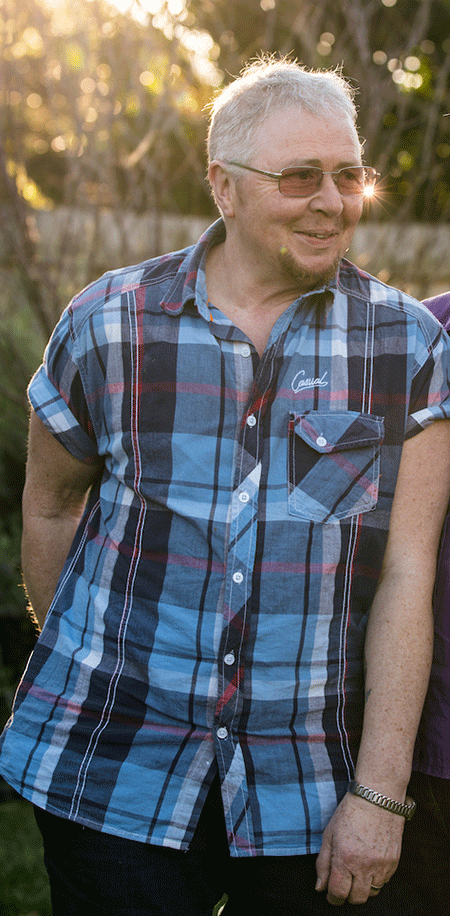More than one in three young people referred to a gender reassignment clinic may have autism.
That’s the view of a group of medics at children’s gender reassignment centre the Tavistock Clinic, in London.

Autistic writer Wenn Lawson warns denying trans youth the opportunity to change sex risks causing suicide
Medics at the clinic have written a practice review featuring a sample of 1,069 patents between 2011 and 2017.
The medics are Gary Butler, Nastasja De Graaf, Bernadette Wren and Polly Carmichael. They found that 372, or 35 per cent of the total, had “moderate to severe autistic traits”.
Reports suggest that out of every ten people that doctors referred to the clinic, four went on to have treatment with puberty blockers. It means nearly 150 patients with autistic traits may have started taking puberty blockers.
Extreme caution urged over gender change requests
Bob Withers is a psychoanalyst and a senior lecturer at the Interuniversity College Graz, in Austria. He believes that when autistic youngsters argue they should change sex medics must treat their requests with extreme caution.
The psychoanalyst says those with autistic traits may struggle to “represent emotions in words”. This would mean that ”things tend to get felt in the body more”.
He warned of the dangers of those with autism misinterpreting social and emotional problems as “something being wrong with their body”.
Wenn Lawson, 66, has autism and was a woman before he transitioned to become a man.
Puberty blockers ‘lesser of two evils’
Lawson, a lecturer from Victoria, in Australia, says puberty blockers are the “lesser of two evils”. This was because suicide is “greatly increased in trans youth”.
The lecturer insists that research shows up to two in every five youngsters (80 per cent) who insist they are transgender well into puberty don’t usually change their minds.
The practice review, titled Assessment and support of children and adolescents with gender dysphoria, appeared in the Archives of Disease in Childhood.
Related:
Published: 6 August 2018















